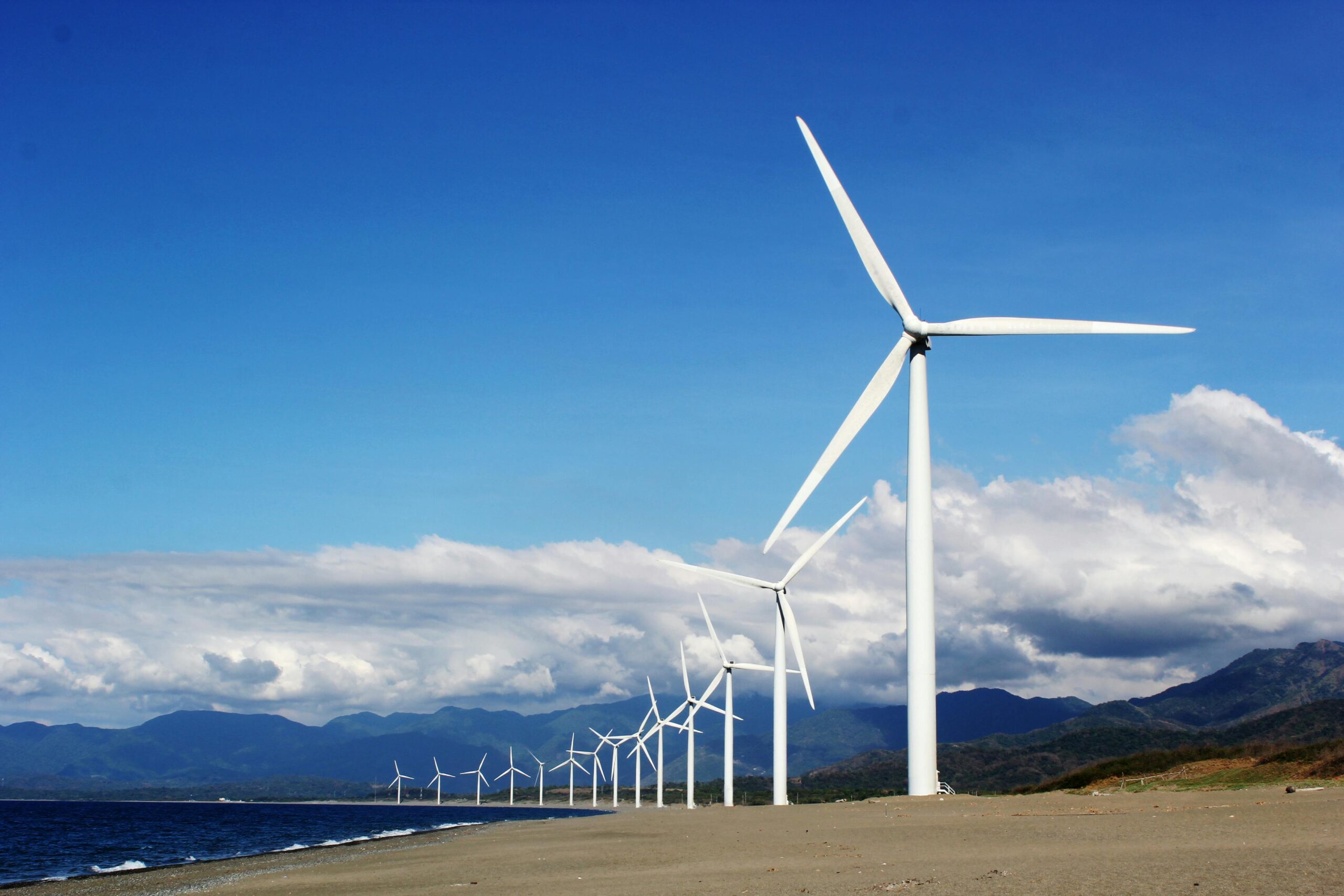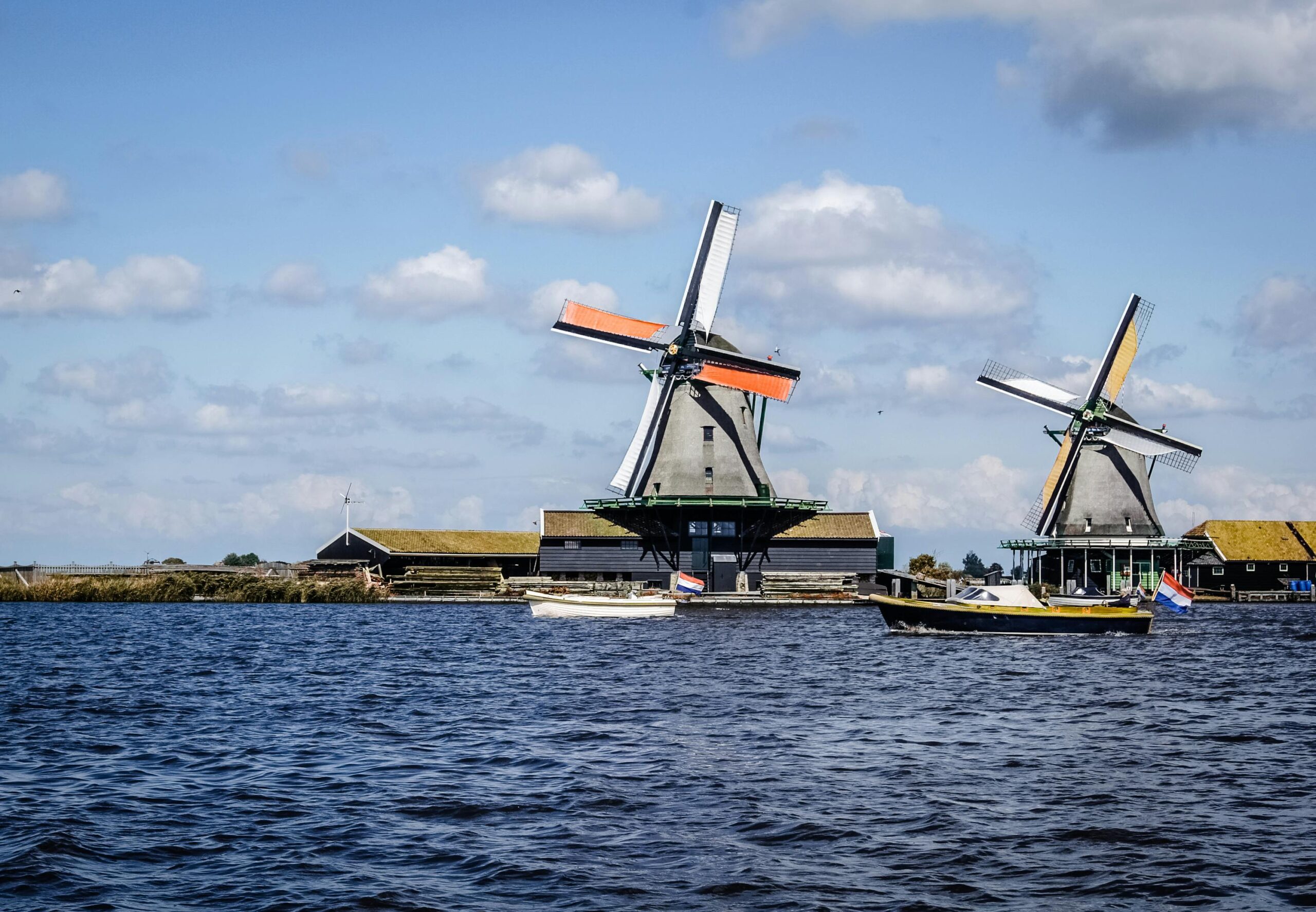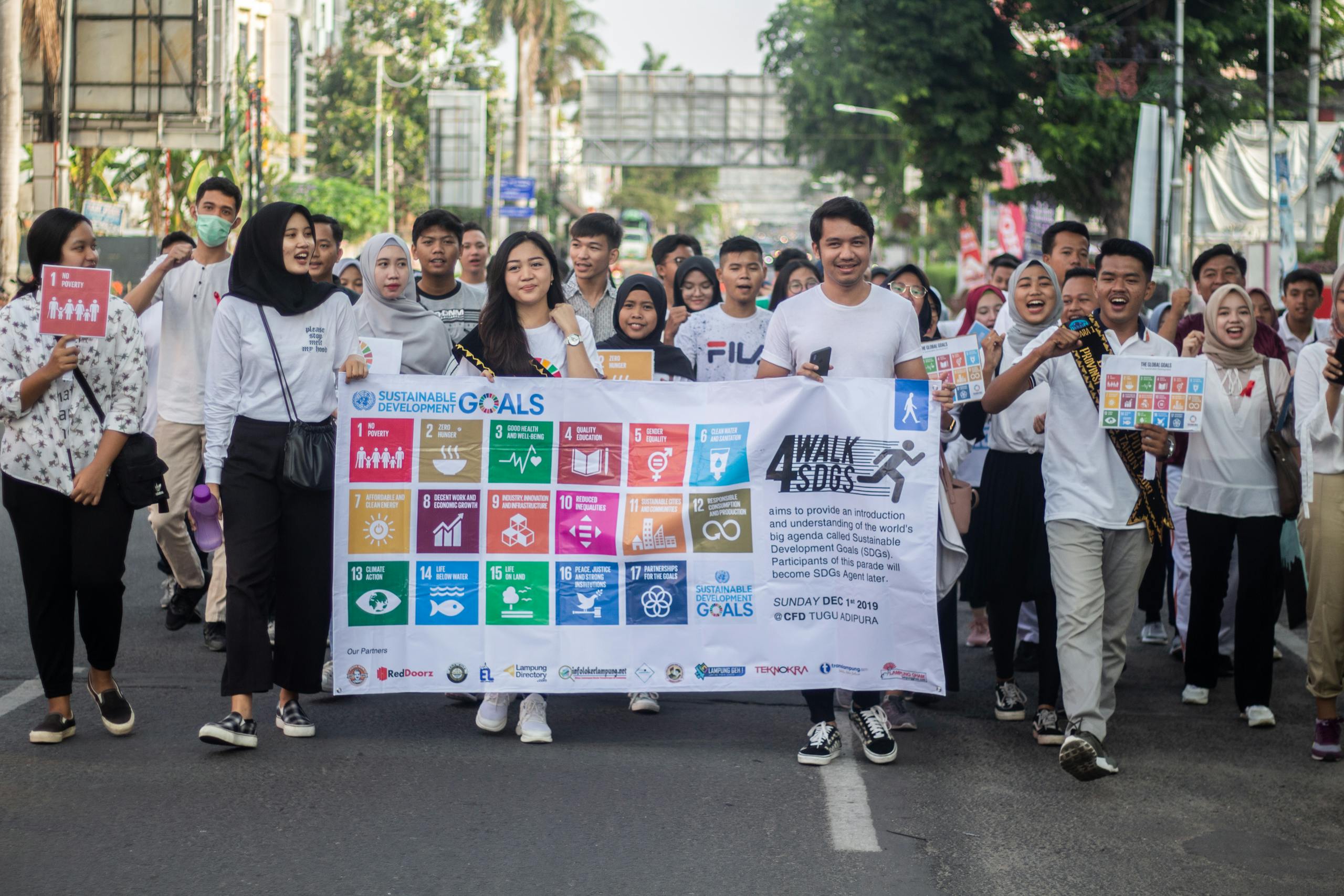Introduction: Empowering Rural Communities with Solar Energy
In sub-Saharan Africa, the challenge of providing electricity to remote and rural areas has been a persistent issue for decades. With limited access to grid power, millions of people in rural communities face barriers to economic development, education, and healthcare. M-KOPA, a leading energy company, is tackling this issue through its innovative Pay-As-You-Go (PAYG) model, which is revolutionizing off-grid energy solutions across the region.
The Pay-As-You-Go Model: How It Works
M-KOPA’s Pay-As-You-Go (PAYG) model is a financial solution that allows people in off-grid areas to access solar energy systems without the need for upfront capital investment. Instead of paying for the entire system at once, customers make small, manageable payments over time using mobile money. This model is particularly effective in regions where many individuals lack access to traditional banking services and cannot afford the high upfront costs of solar energy systems.
with small deposit
payments via mobile
after full payment
(5-20W)
Battery
Lights (2-4)
Charger
Key Features of M-KOPA’s PAYG Model
- Low Initial Investment: Customers pay a small deposit to receive a solar energy system, including solar panels, batteries, and lighting.
- Mobile Payments: Payments are made via mobile money, a convenient and widely accessible method for people in Africa.
- Ownership After Payment Completion: Once the system is fully paid off, the customer owns the solar energy system, providing long-term access to electricity.
- Credit Scoring System: M-KOPA’s system builds a customer’s credit history based on payment performance, making it easier for them to access further financial products in the future.
M-KOPA’s Impact on Rural Electrification
Since its inception in 2011, M-KOPA has significantly impacted the energy landscape in East Africa. The company has connected over 1 million homes to solar energy, primarily in Kenya, Uganda, and Tanzania. By offering affordable and sustainable energy, M-KOPA has provided rural communities with access to reliable electricity for lighting, mobile phone charging, and small appliances.
Bridging the Energy Access Gap
M-KOPA’s innovative model has played a crucial role in addressing the energy access gap in rural Africa. According to the International Energy Agency (IEA), more than 600 million people in sub-Saharan Africa live without electricity, and M-KOPA is making strides in reducing this number.
- Affordable Energy: Solar systems provided by M-KOPA offer an affordable alternative to kerosene lamps, which are expensive and harmful to health and the environment.
- Economic Opportunities: Access to reliable electricity allows households to engage in income-generating activities such as small businesses, agriculture, and education. This helps to improve local economies and create jobs.
M-KOPA’s Expansion and Partnership with Sumitomo Corporation
In recent years, M-KOPA has expanded its reach beyond East Africa, with plans to expand into more countries across sub-Saharan Africa. One of the company’s significant developments was its partnership with Sumitomo Corporation, a major Japanese trading company, which has provided critical investment to support M-KOPA’s growth.
Key Strategic Partnership
In 2020, Sumitomo Corporation invested in M-KOPA, marking a significant milestone in the company’s journey. This partnership has enabled M-KOPA to scale up its operations, providing solar energy solutions to a wider range of customers across different regions.
- Increased Funding: The investment allows M-KOPA to continue innovating and expanding its product offerings.
- Technology and Expertise: Sumitomo Corporation brings expertise in supply chain management, logistics, and technology, which strengthens M-KOPA’s operations.
The Role of Solar Energy in Achieving SDGs
The development of off-grid solar energy solutions like M-KOPA is vital for achieving the United Nations’ Sustainable Development Goals (SDGs), particularly Goal 7: Affordable and Clean Energy, and Goal 13: Climate Action. By providing clean, renewable energy to rural households, M-KOPA helps reduce reliance on harmful and polluting energy sources such as kerosene and diesel.
Advancing Sustainability in Africa
- Environmental Benefits: Solar energy reduces the carbon footprint of rural communities, making it a sustainable energy source that contributes to environmental preservation.
- Social Impact: Solar-powered lighting improves safety and security, especially for women and children who are often vulnerable in areas without electricity.
Future Outlook: M-KOPA’s Vision for Expanding Access to Energy
M-KOPA is committed to scaling its efforts to provide affordable and clean energy to even more communities across Africa. The company’s long-term vision includes:
- Expanding into New Markets: M-KOPA aims to enter more countries in sub-Saharan Africa, bringing its PAYG model to new communities that lack access to electricity.
- Innovating Product Offerings: The company plans to introduce new products and services, such as solar-powered appliances and mobile charging solutions, further enhancing its value proposition.
- Improving Customer Financial Inclusion: M-KOPA continues to work on expanding its customer base by offering flexible payment terms and integrating more digital financial services, enabling greater financial inclusion for underserved populations.
No Poverty
Affordable Clean Energy
Decent Work
Climate Action
| Energy Source | Cost (5 years) | Environmental Impact | Health Effect |
| Kerosene | $1,800+ | High CO₂ emissions | Respiratory issues |
| Batteries | $1,200+ | Waste & pollution | Chemical exposure |
| Diesel Generator | $2,500+ | High emissions | Noise & air pollution |
| M-KOPA Solar | $300-500 | Minimal impact | Clean & safe |
Conclusion: Transforming Lives Through Off-Grid Solar Energy
M-KOPA’s innovative approach to off-grid solar energy is changing the way rural communities in Africa access electricity. The company’s Pay-As-You-Go model has proven to be a game-changer in terms of affordability, accessibility, and sustainability. With continued expansion and innovation, M-KOPA is well-positioned to help bridge the energy access gap, improve livelihoods, and contribute to the achievement of the Sustainable Development Goals across Africa.











Leave a Reply